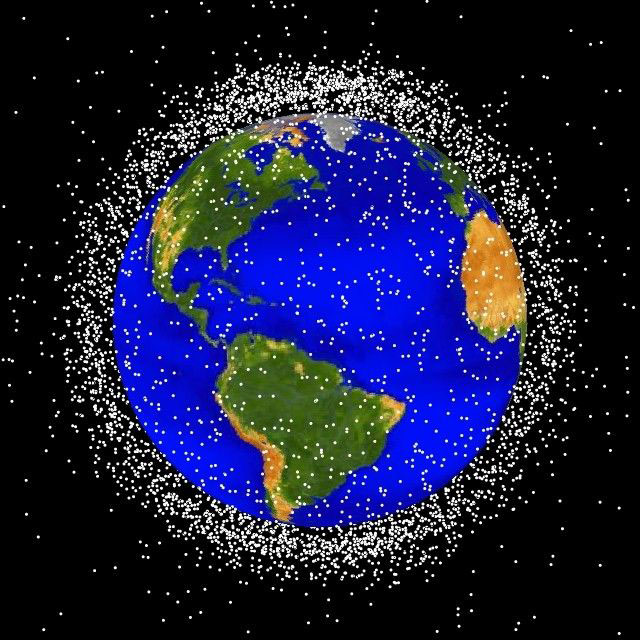
November 18th, 2021 |

By David Bullock, VP of Administrative Affairs, Beyond Earth Institute
Whether it be Space Solar Power (SSP), financial incentives or setting up rules for mitigating space debris, there is a need to crystallize space policy and space technology. The Beyond Earth Institute (BE) is trying to find the best way to apply this process not only for today, but for the future as well. We do this through our newsletter, webinars and reports that we provide to policy makers, industry professionals and the public at large.
Space debris is one thing BE wants to tackle. Industry leaders have come to realize that with increased access to space, which was very hard to obtain again for the US, there may be a need to have more rules and regulations. The space environment is now cluttered more than ever. An example of this is seen with the launch window to send a rocket to deliver satellites to orbit. While once being over an hour, launch windows are now whittled down to ten minutes. Policy may be an answer to this problem. Policy makers are also going to have to know the many technological options to remove and mitigate debris.
Just this month the UN came up with its first space related policy working group since the Outer Space Treaty and the Moon Treaty last century. Countries involved in creating this working group include China, Russia, the UK and the US. One of the projects expected to be tackled by the group is space debris.
Earlier this month, China was in the process of testing space debris mitigation technologies. China does not stand alone at creating this type of technology. This action is also a sign that international regulation might shortly follow.
How do space debris and its potential policies help create communities beyond Earth? The programs and jobs, which will be created to both support and enable human life in orbit and beyond may come out of this type of policy. A the need for a sustainable presence in space will further create policy as well.
The world is creating space stations, for example. These structures need to be protected from space debris. Moreover, debris in space should be removed to create greater access to space. In other words, debris should be removed to create longer launch windows for rockets, so they can arrive in space with no chance of damage or loss of life.
BE hope to be on the pulse of this policy making. Keep in touch with us as we watch and create the future.
David Bullock is the VP of Administrative Affairs and Communications at the Beyond Earth Institute. He is the author of the book, 2008-2018: A NewSpace Primer, and the children’s book, What is up in Space?